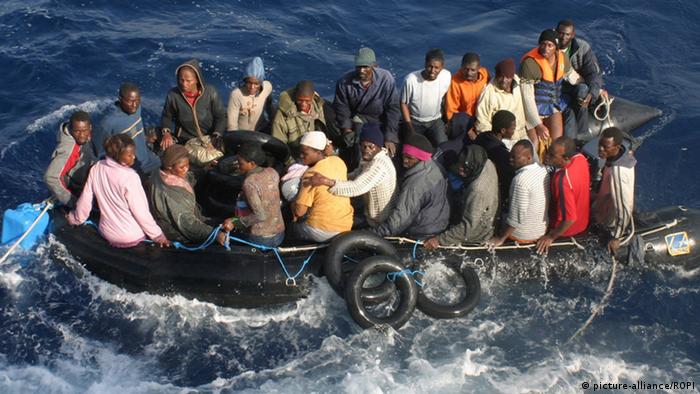
“More than 2,500 people have drowned or gone missing in the Mediterranean on their way from North Africa since the start of the year. Europe cannot ignore the tragedy unfolding on its doorstep. Amnesty International says in a new report. ''More search and rescue vessels in the central Mediterranean, with the clear mandate of saving lives in the high seas and resources adequate to the task – that’s what the EU and its members must urgently provide.”
The report Lives adrift: Refugees and migrants in peril in the central Mediterranean, details the findings of recent visits to Italy and Malta, including a research trip on an Italian Navy vessel. Interviews with survivors of shipwrecks, experts and authorities expose the reality of the dangers faced by those fleeing war, persecution and poverty, and the pitiful response of most European states.
Amnesty International spoke to more than 50 refugees and migrants. Many had a similar story about the dangers they faced, during their journey at sea, including beatings and overcrowding. Some survived a shipwreck or other deadly incidents
Conflicts and persecution in the Middle East and Africa, economic deprivation and the sealing of land borders in south-eastern Europe have pushed desperate people towards the sea. In 2014, more than 130,000 refugees and migrants irregularly crossed Europe’s southern borders by sea. Nearly all of them have been rescued by the Italian Navy. The vast majority of these people took to the sea from war-torn Libya.
The report identifies structural weaknesses in the search and rescue services in the central Mediterranean and calls for more safe and legal routes to Europe for people fleeing conflict and persecution. This can be done through resettlement, humanitarian admission programmes and facilitation of family reunification. .Amnesty International also argues that the EU Dublin Regulation, where the EU member state of first arrival is responsible for processing asylum claims, places an unfair strain on countries involved in the rescue operations as they carry the longer term responsibility of meeting their needs. The lack of responsibility sharing among EU countries is discouraging Southern European states, particularly Malta, from taking refugees and migrants to their ports. Operation Mare Nostrum has temporarily papered over this problem, but should it come to an end without an adequate replacement, delays and disputes over search and rescue obligations will place lives at risk once again.
Regardless of the dangers and of EU measures to keep them out, refugees and migrants will continue to risk their lives and the lives of their children fleeing their war-torn, rights violating or economically struggling countries of origin.


.jpg)


No comments:
Post a Comment